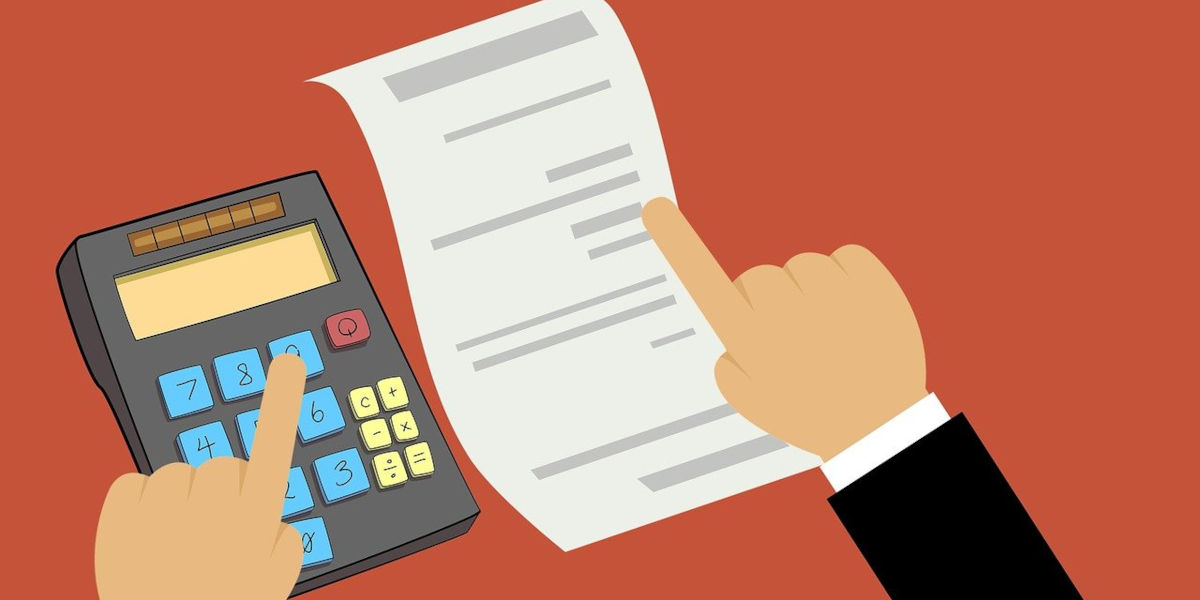In the world of real estate investing, there resides a lesser-known niche that holds the potential for significant returns. This hidden gem, known as real estate tax lien investing, offers a fresh alternative to traditional property investment. This article aims to demystify the ins and outs of how to invest in tax liens, highlighting the notable benefits that may lure seasoned and novice investors alike.
Understanding Real Estate Tax Lien Investing
When regular property taxes go unpaid by the homeowners, local governments often require to meet these funding gaps to efficiently run their administrative affairs. To compensate for these monies, they sell these tax obligations to investors in the form of liens—in this case, tax liens.
Real estate tax lien investing involves buying these tax liens from the government, intending to earn from the interest imposed on the delinquent taxpayer. Thus, it becomes an investment avenue that allows the leveraging of government taxation power while aiding local administration manage public services better.
How to Invest in Tax Liens
Getting started with tax lien investing is not as daunting as it might seem. Local governments usually hold tax lien auctions where these tax debts are sold off to potential investors. These auctions are often advertised in local newspapers or county websites, making it easier for investors to be in the know.
On the day of the auction, bids are placed on the tax lien certificates representing the tax debt. Notably, investors are not bidding for the property itself, but the tax lien placed on it. At the close of the auction, the investor willing to accept the lowest interest or offer the highest price wins the tax lien certificate.
The Benefits of Investing in Tax Liens
The world of tax lien investing holds a plethora of perks that are hard to ignore. One of the primary benefits of investing in tax liens is the potential for high returns. Tax liens often carry higher interest rates, sometimes as high as 18%, considerably higher than traditional avenues such as savings accounts or bonds.
Moreover, tax lien investments tend to be low-risk investments. This is because the lien is secured by the real property, and the homeowner has a legal obligation to settle the lien before they can sell off the property. In the event the homeowner fails to pay, the investor stands a chance to acquire the property at a fraction of its market value, creating room for massive profits in the process.
Lastly, tax lien investing offers investors a chance to diversify their investment portfolio. It provides an alternative, unique avenue that is not directly tied to market conditions, making it a stellar addition to an investor's portfolio.
While the initial learning curve may seem steep, the potential rewards from tax lien investing are well worth the effort. As more investors discover this hidden gem, it's proving to be a significant aspect of real estate investing worth exploring.
Tax lien investing indeed offers a unique, hidden gem in the realm of real estate investments. This, however, doesn't mean it's without challenges or risks. As an investor, your understanding and approach to this type of investment can significantly affect the return on your investment.
Tax lien certificates are debts secured against properties, obtained when property owners fail to pay their property taxes. In many states, these certificates are sold to investors through public auctions, where the investor pays the delinquent tax amount, plus any interest and penalties accrued on behalf of the property owner.
The investment's appeal lies in the high interest rates - potentially as high as 18%, and in the case where the property owner doesn't pay up, you may become the property's owner for just the cost of the back taxes.
Treading Carefully with Tax Liens
Though tax lien investing can come with enormous rewards, it is not a venture to be entered lightly. As with all investments, there's potential for losses. Proper due diligence is crucial before purchasing any tax lien, even more so if you're a novice in the field.
Firstly, you should verify the value and condition of the property. Since tax lien certificates can be issued on all sorts of properties, it is possible to secure a tax lien on a property that is worthless, which leads to a loss in your investment. Secondly, research into any potential legal matters that might cloud the property's title is imperative.
Importance of Strategy in Tax Lien Investing
While it is tempting to jump right into tax lien investing given the high-interest rates, it is crucial to consider the strategies involved in this type of investment. The right strategy that matches your investment goals, risk tolerance, and capital is paramount to maximize your returns.
You have to decide whether you are in for the interest income or the property acquisition. This decision will largely influence what liens you buy, at what interest rates, and in what locations. Careful consideration of these factors will significantly enhance your chances of successful tax lien investing.
Conclusion
In conclusion, tax lien investing is a powerful vehicle for real estate investors to diversify their portfolio and potentially extract high returns. However, as with any investment strategy, it's important to gain knowledge, conduct thorough due diligence, and lay out a detailed strategy before diving into it. Armed with the right information and strategic approach, investors should find tax lien investing a hidden gem in their real estate investment portfolio.




